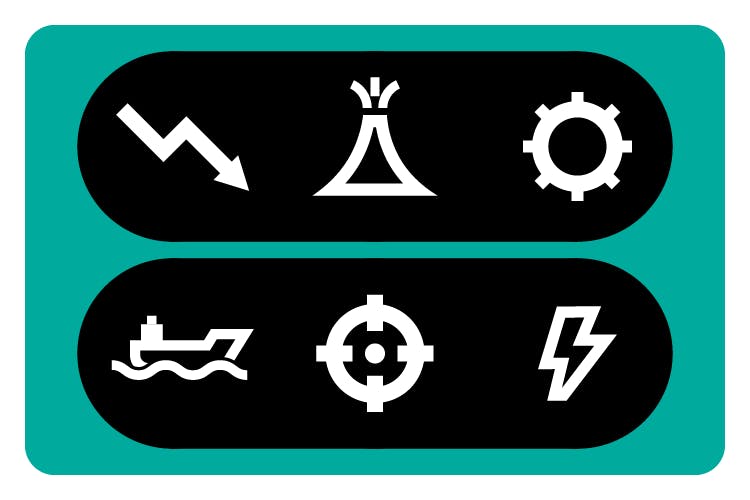The Schneider 26923 is a highly reliable auxiliary contact designed to enhance the functionality of residual current circuit breakers (RCCBs). This compact component, part of the esteemed Multi9 range, is engineered to facilitate top connection exclusively for RCCBs, ensuring a secure and efficient electrical circuit management.
With a device short name of OFS, the Schneider 26923 auxiliary contact boasts a signal contacts composition of 1 C/O (changeover contact), providing versatility in its application. It is capable of handling a line rated current of 3 A at 380...415 V AC 50/60 Hz, and up to 6 A at 220...240 V AC 50/60 Hz for AC circuits. For DC circuits, it can manage 1 A at 130 V DC, 1.5 A at 60 V DC, 2 A at 48 V DC, and 6 A at 24 V DC, making it suitable for a wide range of operating conditions.
The unit is designed for fixed mounting on a DIN rail, ensuring easy installation and stability. It has a slim profile with a width of just 9 mm, a height of 84 mm, and a depth of 73 mm, allowing for efficient use of space within electrical panels. Connection to the auxiliary contact is made simple with clamp terminals that accommodate both flexible and rigid wires, with a wire stripping length of 9 mm and a tightening torque of 1 N.m.
In terms of environmental resilience, the Schneider 26923 auxiliary contact is compliant with the EN/IEC 60947-5-1 standard and holds product certifications from NEMKO, DEMKO, SEMKO, CE, BEC, and FIMKO. It has an IP20 degree of protection, a pollution degree of 3, and is tropicalisation 2 rated, ensuring it can withstand harsh conditions with a relative humidity of 95% at 55 °C. The operational temperature range is from -25 to 50 °C, with a storage temperature range from -40 to 85 °C.
The Schneider 26923 auxiliary contact is RoHS compliant, reflecting a commitment to environmental sustainability and the avoidance of hazardous substances in its construction. It is mercury-free and does not require specific recycling operations at the end of its life, aligning with the WEEE directive for responsible disposal.
This auxiliary contact is an essential component for electrical professionals seeking to enhance the safety and control within their electrical distribution systems. Its robust design, compliance with international standards, and compatibility with a range of RCCBs make it a valuable addition to any electrical installation.


 4 ready to ship
4 ready to ship





